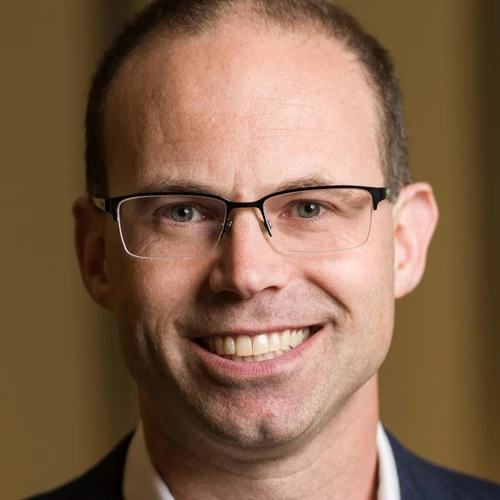
Health care innovation brings enormous benefits to patients: from medtech’s transcatheter heart valves to pharma’s oncology treatments to provider’s novel care delivery models. — Barry Rosenberg
Education
- MBA/MD, high distinction, University of Michigan
- BS, biology and economics, University of Michigan
Barry Rosenberg is the Health Care Regional Practice Lead for North America at Boston Consulting Group. Previously, he was BCG’s lead for medical devices and technology. Barry serves on the firm’s Officer Development Committee.
Since joining BCG in 2006, Barry has focused on advising clients in medical technology, and health care providers. He has been quoted in the New York Times and Wall Street Journal, and published in the Journal of the American Medical Association (JAMA).
Barry is a thought leader in health care strategy, growth, and transformation. In particular, he has supported clients in building sales, marketing, pricing, service, R&D, clinical, and digital capabilities. He has a deep understanding of the US health system landscape, including hospital economics and patient outcomes. Barry has significant expertise in due diligence, post-merger integration, operating model and transformation.
Before joining BCG, Barry trained as a resident physician in general surgery at University Hospital of the University of Michigan Health System. He has direct clinical experience managing patients in outpatient, inpatient, emergency room, operating room, and intensive care unit settings.








